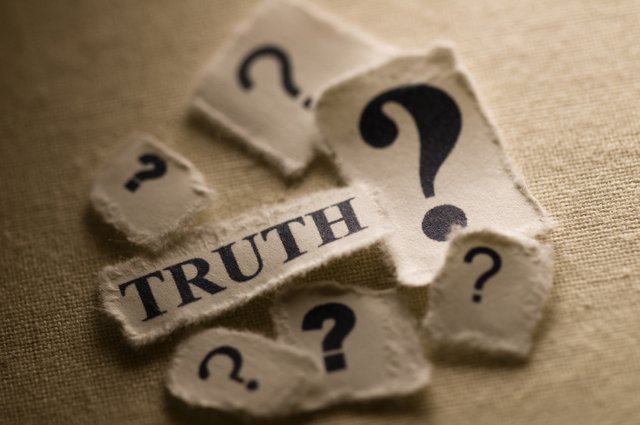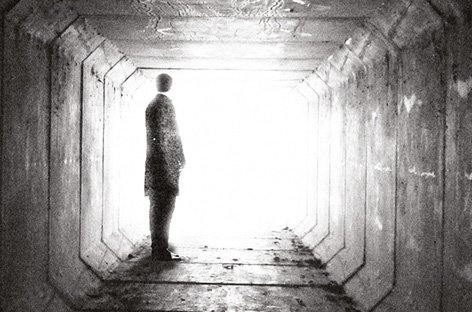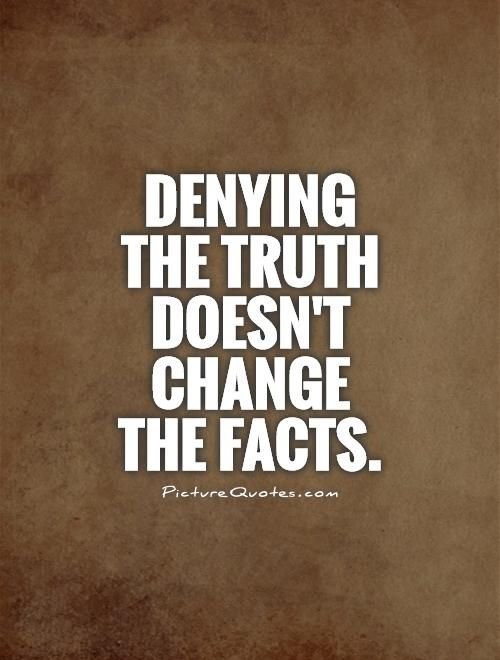How Did Truth All Started?
How Did Truth All Started?

Image Source
Creating our own particular truth without outside impact or help may sound sensible on the off chance that we concentrate just on our adulthood. The minute we consider our youth, be that as it may, the thought ends up noticeably presume in light of the fact that in adolescence we were all needy in each sense: physically, emotionally, and intellectually.
What we knew and accepted about everything was what others let us know. We made inquiries "Why, Mommy?" "Why, Daddy?" Our folks addressed them. We acknowledged those answers and made them the establishment of our conviction framework, regardless of how expand it would progress toward becoming in adulthood.
You have heard the familiar adage some things are only possible to accept after witnessing them first hand. The turn around, accepting is seeing is similarly right. To a greater or lesser degree, what we see as our extraordinary viewpoint bears the engraving of other individuals' thoughts and convictions.
Is recognition impeccable? Scarcely. For a certain something, it is affected by our cravings, interests, and desires. From the beginning observation is specific and has a tendency to improve our general surroundings. Memory proceeds and rushes the procedure. For another, even inside its constrained concentration, observation is frequently imperfect.
An understudy who is sure that the reading material contains a specific articulation answers an exam question with consummate certainty. However when the understudy recovers the revised test and finds the inquiry stamped wrong, at that point swiftly flips open the book and analyzes the section once more, he or she may discover it says something else altogether.

Image Source
The impulses of discernment have for quite some time been noted by the individuals who manage human declaration prominently, trial lawyers, police officers, and psychologists. It is entrenched that various variables can make us see and hear erroneously. Haziness, overcast conditions, or separation from what we are seeing may darken our vision. We might be diverted at a significant minute.
In the event that we are worn out or in the grasp of intense feelings, for example, fear or anger, our typical perceptiveness might be altogether reduced. Additionally, recognition might be blended with understanding, the desire that an occasion will unfurl positively may shading our view of the way the occasion really unfurls.
Dedication and warmth toward the general population or things included may twist our vision too. On the off chance that somebody we detest talks in an uproarious voice and is energized, we may see that individual as flaunting to get consideration. Be that as it may, if a companion acts similarly, we may view him or her as vivacious and outgoing.
Notwithstanding when our recognition is at first faultless, our memory regularly mutilates the information. We overlook subtle elements, and when later endeavoring to review what happened we turn to creative energy to fill in the spaces. Despite the fact that we may at first know that such a procedure of reproduction is happening, this mindfulness soon blurs, and we come to trust we are recollecting the first observation.
Memory is powerless against defilement from outside the brain. Memory master Elizabeth Loftus demonstrated kids a one-minute film and after that asked, "Did you see a bear?" or "Did you see a vessel?" They saw them, despite the fact that no bears or pontoons were in the film. She likewise demonstrated grown-ups a film of a car crash and afterward got some information about it.

Image Source
By utilizing "crash" rather than "hit," she could change the watchers' gauge of the autos' speed and to make a memory of broken glass where there was none. In another trial, Loftus solicited the guardians from understudies to depict a few occasions from their children's and little girls' childhoods.
At that point she chatted with every understudy about those occasions however included a fake occasion or two. With just slight persuading, the understudies recollected the fake occasions, could expound on the points of interest, and at times declined to trust they were fake notwithstanding when Loftus clarified what she had done.
It's conceivable, obviously, to give a lifetime of concentrate to a specific field. In any case, not even the individuals who make that sort of responsibility can know everything about their subject. Things continue happening too quick. They happen whether we're watching or not. There's no real way to turn them off when we take a rest or go to the washroom.
The understudy who hasn't been home in three months might have the capacity to picture the neighbor's elm tree distinctively, yet it might have been chopped down two months back. The warrior may have add up to review of the place where he grew up each sight and sound and smell and return home to discover half of Main Street relinquished to urban restoration, the old secondary school home base shut, and another auto in his closest companion's carport.
Individuals can be mixed up in what they see and recall and that the data they get can be defective or deficient.

Image Source

the truth is, this is a quality read! thanks!
:) Thanks
Truly good, Upvote & Follow you..
i am amazed we can't trust our own brains and memories -- this is an eyeopener and i am now following you in support
Thanks
Great post.
Thanks
Wittgenstein in one of his books wrote that we all share a different truth because we picture each word in a different way thus we perceive a different meaning. Great work, well done.
Thanks for reading.
Interesting stuff. What do you think of intuition and Truth? For more abstract concepts, I believe what we feel is true inside has some bearing in reality.
It depends on how we portray such intuition.